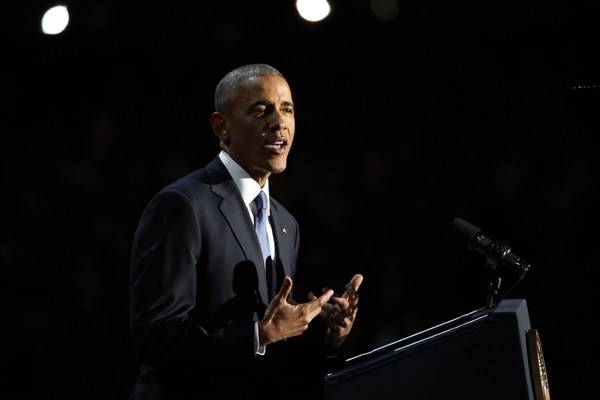When U.S. President Barack Obama took office eight years ago, his two overarching foreign policy goals were to oversee the winding down of America’s costly wars in Iraq and Afghanistan, and to repair the damage to America’s global standing and reputation that the invasion of Iraq and the excesses of the global war against terrorism had caused.
A major component of the latter project involved reassuring America’s allies, partners, friends and rivals that Washington would recommit itself to the global order it had helped build and defend during and after the Cold War. This meant not only backstopping the rules-based system, but abiding by it in ways the George W. Bush administration had not, in particular by invading Iraq without a United Nations Security Council mandate and by using torture against detainees suspected of terrorism.
But it also meant widening decision-making in the institutions of the liberal international order to accommodate the ambitions and aspirations of emerging powers in Asia, South America and, to a lesser extent, Africa. This was not simply an altruistic gesture. Globalization and the information revolution had combined to unleash a dramatic redistribution of wealth and power from the West to the East and South, a shift deemed by most observers to be inexorable. America’s and the West’s relative power was destined to decline in ways that would no longer allow them to alone determine the very rules of that rules-based order. Before that happened, it was better to reshape the institutions of global governance to better reflect the emerging powers’ rising political influence, than ignore them and risk seeing them abandon the system.

